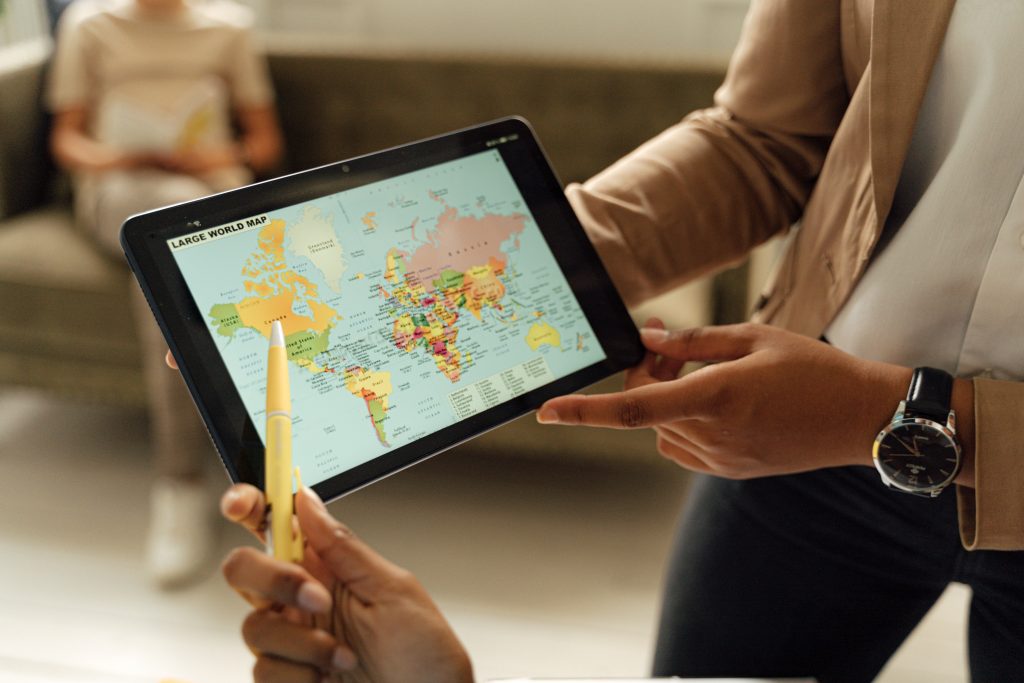Module 2: Expanding Your Intercultural Knowledge
Intercultural Knowledge
Expanding intercultural knowledge involves learning more in depth about other cultures to understand, for example, how people think, what is important to them, why they behave in a certain way given a certain situation, and what efficient communication looks like.
There are different ways to expand intercultural knowledge that include awareness of your own culture (e.g., your attitudes, values, expectations, and behaviours), learning about other cultures (e.g., traditions, values, ways of being, and perspectives on an issue), sociolinguistic knowledge (e.g., how culture influences language and communication styles), and having a better grasp of global and local contexts (e.g., politics, history, economics, what is happening in other places, and how an issue is addressed).
Activity: Intercultural Knowledge Self-assessment
How much do you know about other cultures around the globe? Take the short quiz, Test your knowledge of cultures around the world! to help you think about types of intercultural knowledge. Each of the prompts in the quiz refers to a general observation or tendency: something that is commonly done in a country with possible exceptions. Make sure to carefully read the feedback provided for each question. If you make mistakes, you can go back and try again!

Takeaway points
- It is important to continuously seek to expand our cultural knowledge because we are not isolated beings. We are in constant interaction with (culturally) diverse individuals at home (e.g., teachers, neighbours, store clerks, service workers, friends, international peers, and family) and abroad (when travelling for study, work, leisure, moving abroad, visiting family, etc.).
- Expanding one’s intercultural learning does not take a great effort, but must go beyond “surface” cultural elements that we perceive with our senses. This will allow you to gain a better understanding of the “how” and “why” of behaviours and values of people from different cultures.
Try These Strategies
- To expand your knowledge, pay attention to people: listen, ask, and also converse with others about things that you cannot see. Be ready to share about your own culture and perspectives, but focus mainly on listening to other people’s explanations and experiences.
- Focus on the interaction. Do not expect people to be able to explain everything there is to know about their culture, experiences, or perspectives. It is not about “educating” each other, but about learning through engagement.

